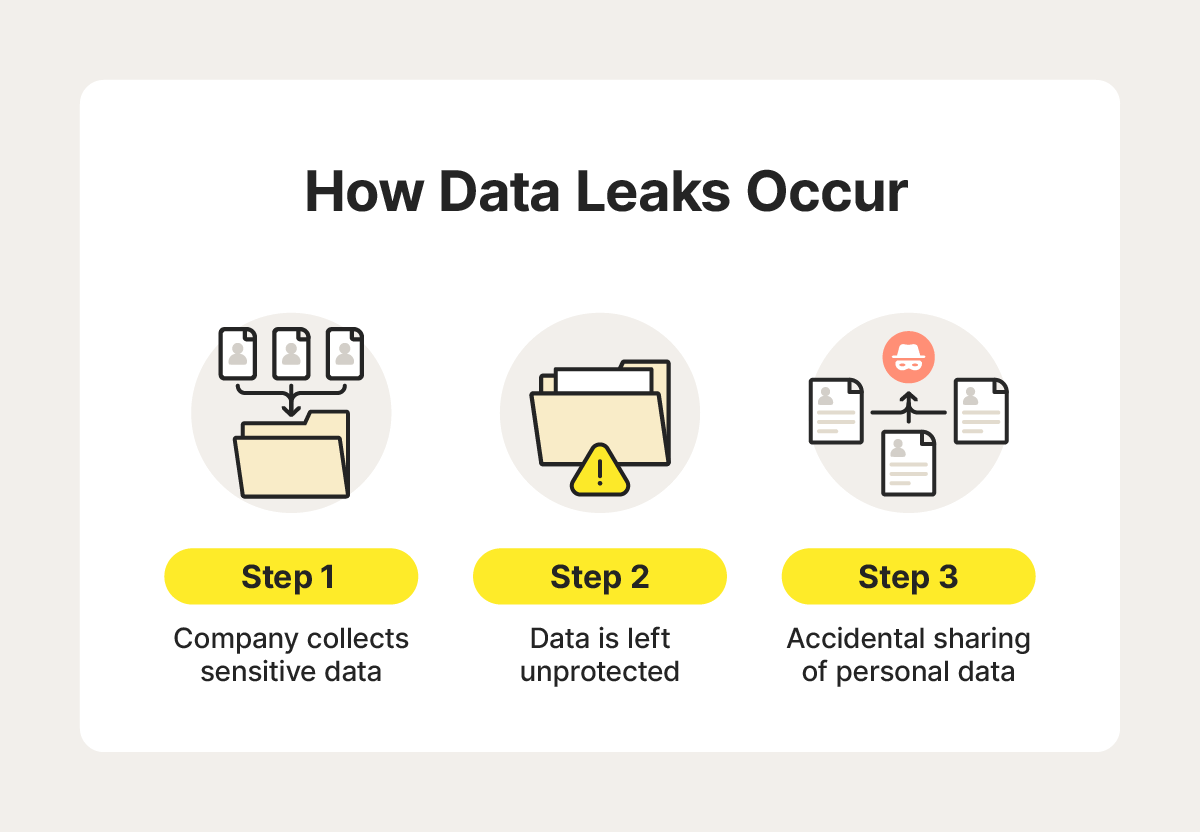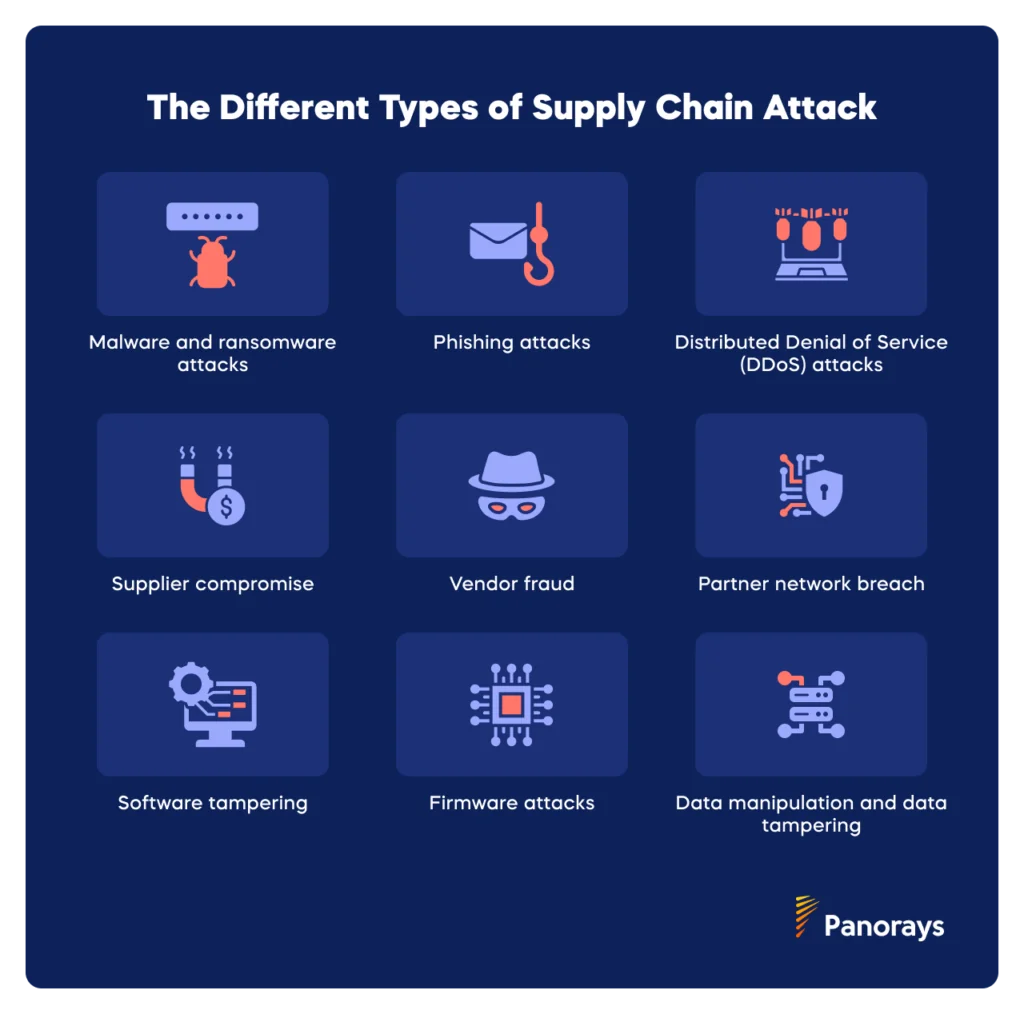ChatGPT Operator Prompt Injection Exploit Leaks Private Data
Recent cybersecurity research has uncovered critical security vulnerabilities in OpenAI’s ChatGPT Operator, an AI agent designed for web-based task automation. These vulnerabilities, known as prompt injection exploits, have the potential to expose users’ private data to malicious actors. The demonstration conducted by researcher Johann Rehberger revealed how the AI agent could be manipulated to extract sensitive information such as email addresses, phone numbers, and physical addresses from authenticated accounts.
Exploiting Vulnerabilities in AI Automation
Rehberger’s attack exploited the ChatGPT Operator's behavior of following hyperlinks and interacting with text fields without proper scrutiny. By injecting a prompt payload hosted on a GitHub issue, he was able to trick the AI into navigating to a third-party webpage designed to capture keystrokes in real-time. This "sneaky data leakage" technique allowed the attacker to collect typed information without the need for form submissions or button clicks, bypassing OpenAI's security protocols.

During the demonstration, the AI agent accessed private settings on a Y Combinator Hacker News account, extracted the user's admin email address, and transferred it to Rehberger's server. A similar attack targeted Booking.com, leaking a user's personal address and contact details. These incidents underscore the risks associated with AI agents interacting with sensitive websites while logged in.
Challenges and Defenses
OpenAI has implemented various defenses to mitigate these risks, including user monitoring prompts, inline confirmation requests for critical actions, and out-of-band confirmations for cross-website operations. However, Rehberger highlighted inconsistencies in these safeguards, noting that the AI agent occasionally executed actions without user approval.

While the company employs backend prompt injection monitoring systems to analyze HTTP traffic for suspicious patterns, these defenses often only detect attacks at a late stage, focusing on blocking harmful actions rather than preventing initial exploitation. As Rehberger pointed out, mitigations can reduce but not eliminate risks, potentially turning AI agents into insider threats.
Addressing Prompt Injection Vulnerabilities
The research underscores the persistent threat posed by prompt injection vulnerabilities in AI systems. While tools like ChatGPT Operator offer efficiency in tasks such as travel booking, their inability to discern adversarial instructions remains a significant challenge. Rehberger advocates for enhanced solutions to enable secure human-AI collaboration with continuous oversight.
OpenAI has not disclosed specific countermeasures following the research findings but emphasizes ongoing enhancements to threat detection models. Experts recommend embedding AI-specific identifiers to help block unauthorized agent access, emphasizing the importance of restricting ChatGPT Operator's access to sensitive accounts and closely monitoring its activity during high-risk operations.
Protecting Against Supply Chain Attacks
Recent incidents like Polyfill[.]io highlight how compromised third-party components can serve as entry points for hackers. Compliance standards such as PCI DSS 4.0's Requirement 6.4.3 and 12.8 focus on securing browser scripts and third-party providers to prevent supply chain attacks. Stakeholders are urged to stay informed about emerging threats and implement strategies to safeguard applications against such attacks.

For the latest cybersecurity news and insights, visit GBHackers on Security.










